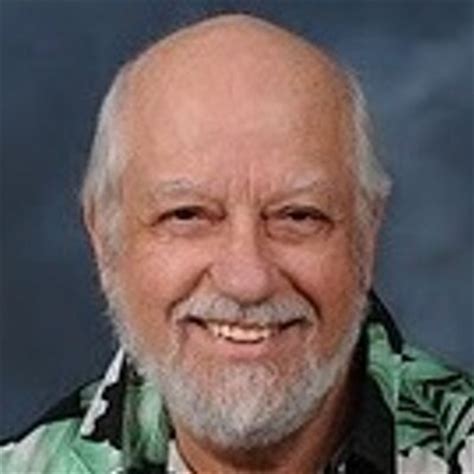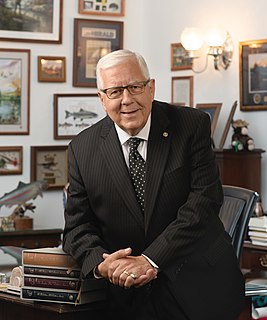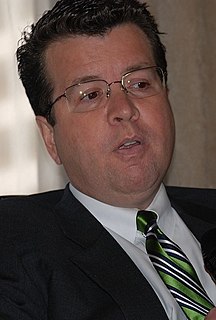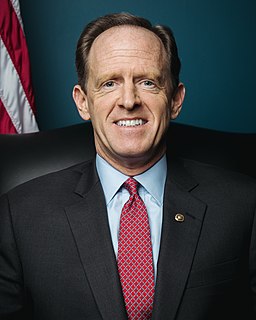A Quote by Sasha Abramsky
I argue that in the long run, the US would be on a far more financially secure footing if we recalibrate how we spend about two-to-three percent of the country's GNP, using state and federal taxes to create pools of money for spending on America's poor - which would, as numerous economists have argued in recent years, create virtuous spending circles, since those on lower incomes spend more of each extra dollar in their possession than do those on higher incomes.
Quote Topics
About
America
Argue
Argued
Circles
Country
Create
Dollar
Each
Economists
Extra
Far
Federal
Federal Taxes
Financially
Footing
Higher
How
Long
Long Run
Lower
Money
More
Numerous
Percent
Poor
Possession
Recent
Run
Secure
Since
Spend
Spending
State
Taxes
Than
Those
Three
Two
Us
Using
Virtuous
Which
Would
Would Be
Years
Related Quotes
Whether government finances its added spending by increasing taxes, by borrowing, or by inflating the currency, the added spending will be offset by reduced private spending. Furthermore, private spending is generally more efficient than the government spending that would replace it because people act more carefully when they spend their own money than when they spend other people's money.
I would cap the amount of federal government can spend at 20 percent of the economy. Bring it back to 20 percent or lower. And say, we are not going to spend above that level. Democrats, they want to raise your taxes and spend more and more and turn us into an economy which is no longer driven by the private sector.
Where taxes are concerned, there are two clear-cut points of view. There are those who think they're too high and those who think they should be even higher because, after all, politicians spend our money far more wisely than we do. The obvious solution I'd propose is that the people in the first group would pay less and those in the second group would pay more. Lots more.
Is it just a coincidence that as the portion of our income spent on food has declined, spending on health care has soared? In 1960 Americans spent 17.5 percent of their income on food and 5.2 percent of national income on health care. Since then, those numbers have flipped: Spending on food has fallen to 9.9 percent, while spending on heath care has climbed to 16 percent of national income. I have to think that by spending a little more on healthier food we could reduce the amount we have to spend on heath care.
Barack Obama is talking about cutting taxes. On net, he is a tax cutter. But the difference between Obama and John McCain is that Obama is raising some taxes on families, for example, with incomes over $250,000. Now, that amounts to about 2 percent, the richest 2 percent of American households. And even with those tax changes, even with all of the tax changes Obama's talking about, taxes will be lower under Obama than they were under the Clinton years.
Money is meant not for hoarding, but for using; the aim of life should be to use it in the right way - to spend as much as we can lawfully spend, both upon ourselves and others. And sometimes it is better to do this in our lifetime, when we can see that it is well spent, than to leave it to the chance spending of those that come after us.
The rich pay more in total taxes now than ever before - ever. It's true. Just like it's true that when the rich are convinced they're going to be taxed more, they spend less. And when the top few percenters don't spend, there goes all your spending, because they account for half of all retail spending.
I came into politics partly because I want to be able to reduce taxes so that individuals have more of their money to spend, so that businesses have more of their money to create jobs, but I believe that lower taxes are sustainable when you get the public finances in order, so I will only make promises I can keep on taxation.

































